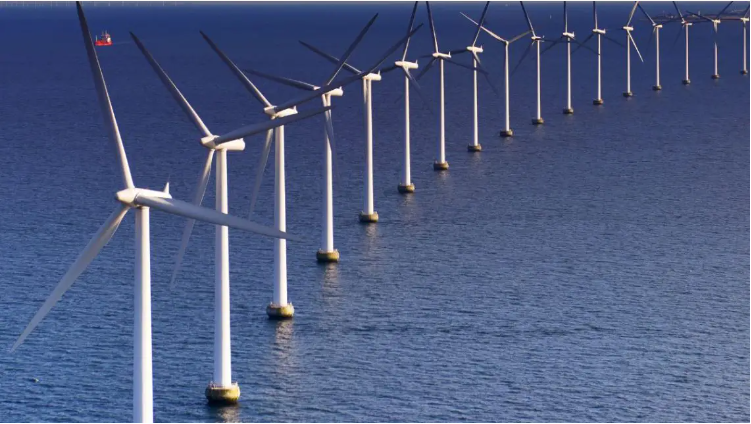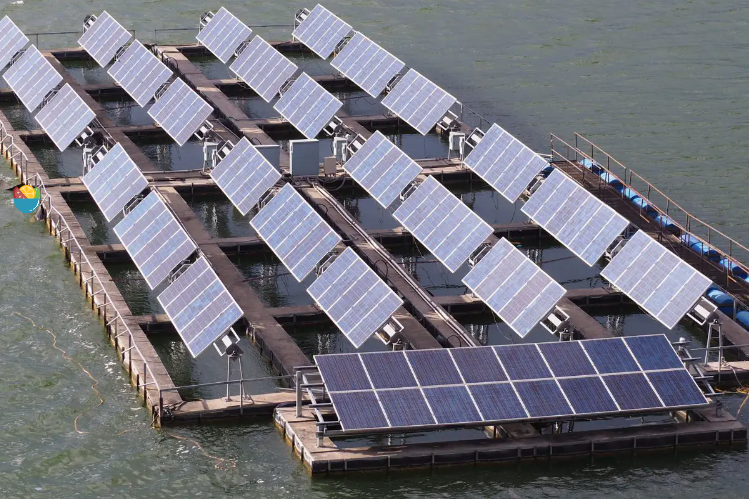With government support, a consortium of Dutch companies has launched a four-year project called Solar Enhanced North Sea Energy Hub (SENSE-HUB) to explore the combined effects of floating solar, offshore wind and green hydrogen production at sea.

SENSE-HUB aims to improve sustainability of North Sea renewable energy projects.
Led by Netherlands Organization for Applied Scientific Research (TNO), and supported by TopSector ‘Energiesubsidie’ of the Ministry of Economic Affairs and Climate of the Netherlands, SENSE-HUB is expected to speed up the rollout of floating solar into offshore renewable energy systems. The project will focus on the Dutch North Sea, addressing the integration of a variety of energy system modules.
The project aims to understand and remove the implementation obstacles for future Solar Enhance North Sea Energy Hubs from a technical, ecological, economical, societal, and legal perspective.
Wind energy system integration portfolio manager at TNO, Iratxe Gonzalez Aparicio, said that it is crucial to integrate floating solar, hydrogen and storage to succeed in a “reliable and stable future Dutch energy system driven by offshore wind power.”

“The addition of offshore solar with wind can be of critical importance to produce more constant renewable supply and have higher amounts of green hydrogen production at lower costs,” Iratxe Gonzalez Aparico said.
Adding floating solar to offshore wind infrastructure offers green hydrogen production benefits on non-windy days.
“Regardless of the enormous contributions for a more sustainable Europe, the wind infrastructure may end up idle during good, sunny weather and be utilized less in spring and summer,” Ocean of Energy said in a statement. “By adding offshore solar to this infrastructure, the complementary energy profile of the sun can result in higher utilizations of the North Sea Energy hubs. And this makes sense.”
Oceans of Energy SENSE-HUB project activities will include Oceans of Energy demonstrating an optimized offshore solar system in the North Sea, across ecological monitoring and modeling to identify the impacts hybrid energy parks have. The demonstration will occur near the Q13a offshore production platform which is located 13 km (8 miles) from Scheveningen.
According to Oceans of Energy, they intend to work on advancing their technology further and focus on large scale collaborations involving energy system integration studies with green hydrogen and offshore wind, implementation studies, as well as environmental research and cumulative effects.